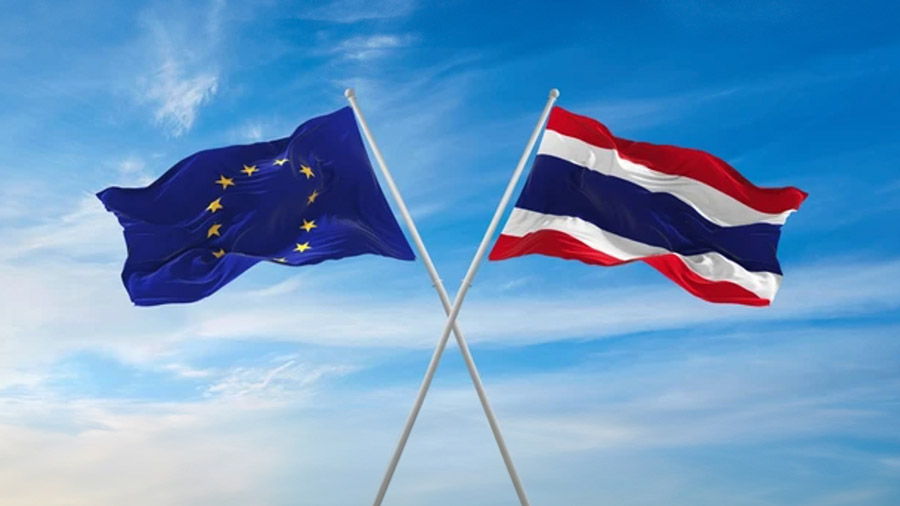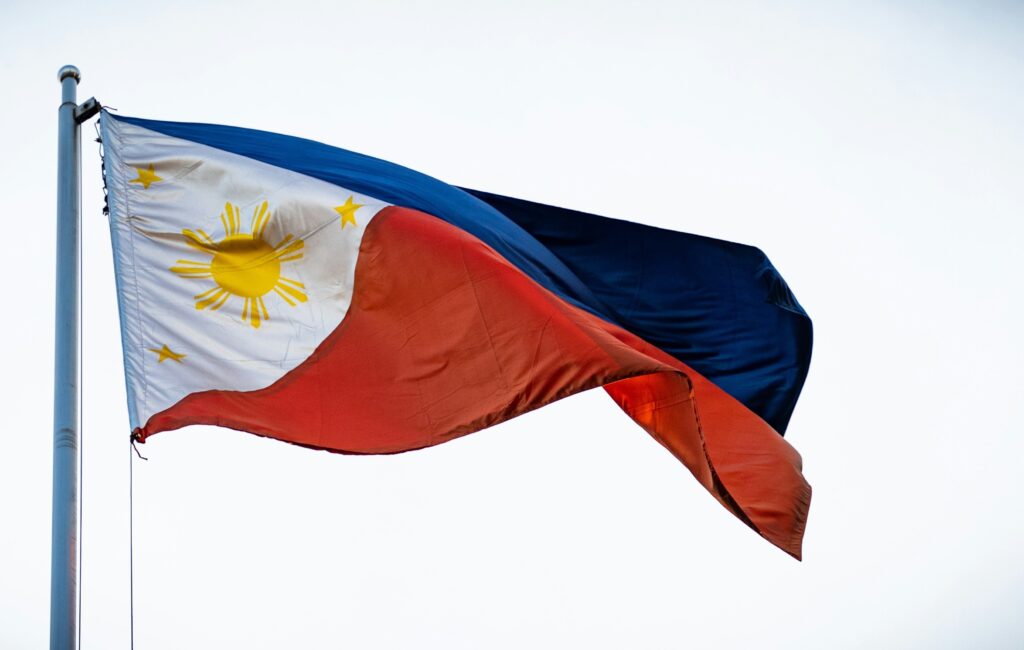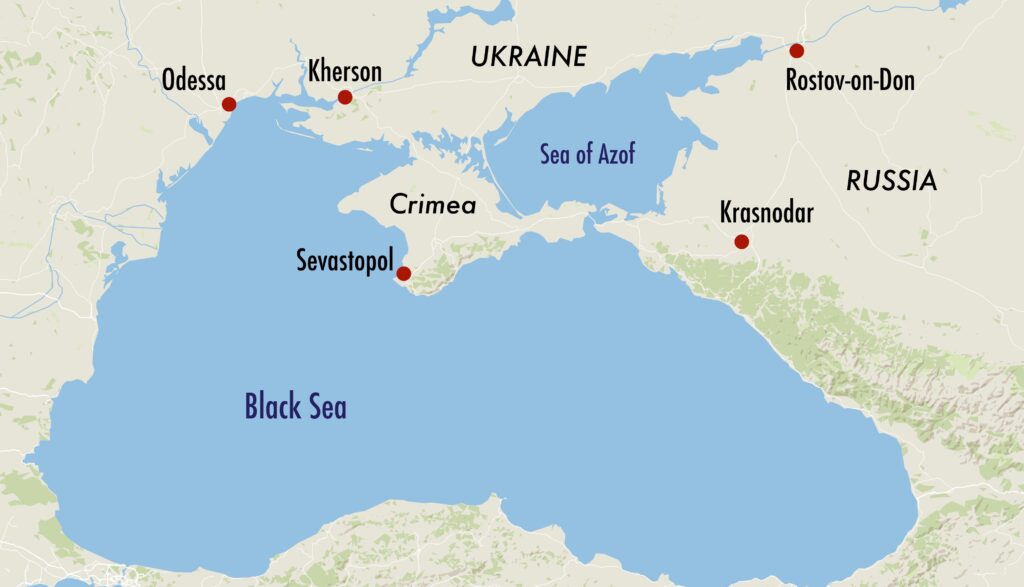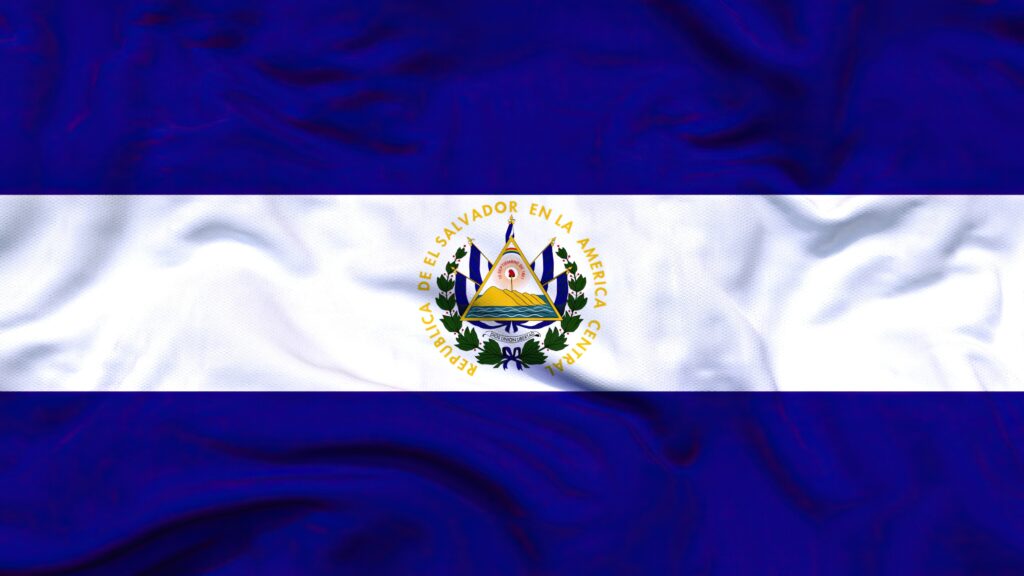Lawyers for Lawyers has sent a letter to the European Commission urging to ensure that the ongoing negotiations for the EU–Thailand Free Trade Agreement (FTA) include explicit and enforceable human rights safeguards. Such measures are essential to protect lawyers from arbitrary prosecution and to uphold the rule of law.
Read the original letter here. The full text follows:
On behalf of Lawyers for Lawyers (L4L), an independent non-profit organisation dedicated to safeguarding the rights of lawyers worldwide and promoting the free and independent exercise of the legal profession, I am writing to urge the European Commission to ensure that the ongoing EU–Thailand Free Trade Agreement (FTA) negotiations include explicit, enforceable human rights safeguards. In particular, we call for a participatory human rights impact assessment, the release of political prisoners, and reforms to the Section 112 of Thailand’s Criminal Code (lèse-majesté law), measures that are essential to protect lawyers from arbitrary prosecution and to uphold the rule of law.
Negotiations on an EU–Thailand FTA, launched in 2013 but suspended following the 2014 military coup, were resumed in 2023 with the formal return of civilian rule. However, this restart has coincided with renewed and serious human rights concerns. The ongoing restrictions on fundamental freedoms in Thailand, including widespread Section 112 (lèse-majesté) [1] prosecutions, pose a serious challenge to the EU’s ability to fulfil its Treaty-based commitments on human rights. The arbitrary detention of prominent human rights lawyer Mr. Arnon Nampa is emblematic of this broader pattern, illustrating how lawyers who defend peaceful protestors, carry out their professional duties, and uphold the rights to freedom of expression and association continue to face harassment, punitive prosecution, and arbitrary imprisonment under Thailand’s restrictive laws.
The situation of lawyers in Thailand is not only a human rights concern in itself, but also a critical indicator of the overall health of the rule of law and the effectiveness of legal safeguards in the country. Lawyers play a vital role in defending fundamental freedoms, ensuring access to justice, and holding authorities accountable. When lawyers are targeted, harassed, or prosecuted for carrying out their professional duties, it undermines the independence of the legal profession and erodes public trust in the justice system. For the EU, which has made the promotion of human rights and the rule of law a cornerstone of its external relations and trade policy, the protection of lawyers is therefore directly relevant to the credibility and legitimacy of any future agreement with Thailand. Ensuring that lawyers can operate freely and safely is essential for the meaningful implementation of human rights safeguards within the FTA framework.
We recall that under Article 21 TEU and Article 207 TFEU, the EU is legally bound to ensure that its common commercial policy advances democracy, the rule of law, and the protection of human rights. Furthermore, pursuant to Article 218 TFEU, the European Parliament’s consent will ultimately be required, and Parliament has repeatedly stressed that trade negotiations with Thailand must be contingent upon measurable human rights progress.
Parliamentary guidance to the Commission
The European Parliament has explicitly instructed the Commission to leverage trade negotiations to achieve human rights progress in Thailand:
- In its Resolution of 14 June 2023 on the EU/Thailand Partnership and Cooperation Agreement (TA‑9‑20230232‑),[2] the Parliament has stressed that “human rights‑ concerns are to be considered during any negotiations with Thailand” and called specifically for amendments to the lèse-majesté law to ensure respect for human rights and the rule of law.
- In its Urgency Resolution of 13 March 2025 on Thailand: Uyghur refugees and Section 112 prosecutions (TA‑10‑20250036‑),[3] the Parliament urged the Commission to use the ongoing FTA negotiations to secure measurable progress on reforms, including amending Section 112 and securing the release of political prisoners such as Mr. Nampa.
The case of Arnon Nampa
Despite the commitments outlined above, negotiations continue while serious human rights violations persist. The case of Arnon Nampa is emblematic of these broader concerns.
Mr. Nampa is a Thai lawyer of national renown who has dedicated over a decade of his legal practice to defending political activists, protest leaders, students, and civilians accused under Thailand’s harshest laws on public dissent, including Section 112 (lèse-majesté) and sedition. Beyond his courtroom work, he is a founder of Thai Lawyers for Human Rights (TLHR), one of the most active legal aid groups in the country and a strong advocate for democratic reform.
Due to his public advocacy for democratic and monarchy reforms, Mr. Nampa has faced over two dozen criminal cases, including at least 14 charges under Section 112. He remains imprisoned, with several further cases pending. To date, he has already been convicted 10 times and sentenced to more than 29 years in prison under the lèse-majesté law.
His treatment by the authorities has been widely denounced as a misuse of criminal law to suppress dissent and to punish lawyers for fulfilling their professional duties.[4] In Opinion No. 28/2024 (25 August 2024), the UN Working Group on Arbitrary Detention (WGAD) found his deprivation of liberty to be arbitrary under Categories I, II, III and V and requested his immediate and unconditional release.[5]
These practices violate internationally recognized standards on the role of lawyers, including the UN Basic Principles on the Role of Lawyers and the Council of Europe’s Convention on the Profession of Lawyer, which affirms that lawyers must be able to perform their professional functions freely and without intimidation, hindrance, or reprisal. Moreover, the Convention states that Parties shall ensure the right of lawyers, individually and collectively, and of professional associations to promote the rule of law and adherence to it, to take part in public discussion on the substance, interpretation and application of existing and proposed legal provisions, judicial decisions, the administration of and access to justice and the promotion and protection of human rights, as well as to make proposals for reforms concerning these matters.[6] Protecting lawyers from such persecution is essential to upholding the rule of law and fundamental human rights.
Recommendations
With six negotiating rounds completed, discussions have reached a decisive stage. We are concerned that, without explicit human rights conditionality, market access concessions may be granted absent meaningful reforms, in violation of the EU’s Treaty-based obligation.
In light of the gravity of the human rights situation in Thailand, and Mr. Nampa’s case specifically, we respectfully urge the European Commission to:
- Conduct a comprehensive and participatory Human Rights Impact Assessment, either as part of or independently from the Sustainability Impact Assessment, in line with the EU Ombudsman’s recommendations,[7] ensuring that the assessment explicitly addresses the rights and protections of lawyers.
- Incorporate time-bound and concrete human rights obligations within the FTA, requiring Thailand to:
- Release all arbitrarily detained prisoners, including lawyers such as Mr. Arnon Nampa, in compliance with WGAD Opinion 28/2024, ensuring their immediate and unconditional release and overturning all outstanding lèse-majesté convictions, as a condition for the entry into force of the agreement;
- Amend or repeal Section 112 and end the criminalisation of peaceful expression, with measurable benchmarks to be achieved prior to the implementation of key trade provisions.
- Guarantee the protection of lawyers, individually and collectively, so they can carry out their professional duties freely, without intimidation, harassment, or reprisal, in accordance with international standards, including the UN Basic Principles on the Role of Lawyers and the Council of Europe’s New Convention on the Profession of Lawyer.
The EU has previously relied on trade leverage to address grave human rights violations. In the present case, embedding effective and enforceable human rights conditionality in the EU–Thailand FTA is not only politically desirable but legally required under the EU Treaties.
Thank you for your consideration of this urgent matter. We remain convinced that a rulesbased, sustainable EU-Thailand FTA is achievable, provided that it is underpinned by tangible, measurable respect for human rights and the rule of law.
[1] Lèse-majestésection 112 of the Thai Criminal Code) is the law that regards the defamation of the monarchy. It is aimed to protect the monarchy from insult, criticism or defamation whether explicit or implied and is rigorously enforced. Since august 2024 at least 274 people are facing charges under the law regarding freedoms of expressions and peaceful assembly. See Human Rights Watch, Thailand: Events of 2024, https://www.hrw.org/world-report/2025/country-chapters/thailand.
[2] EP PCA Resolution TA-9-2023-0232 https://eur-lex.europa.eu/legal-content/EN/TXT/PDF/?uri=CELEX%3A52023IP0232
[3] EP Urgency Resolution TA-10-2025-0036 https://www.europarl.europa.eu/doceo/document/TA-10-2025-0036_EN.pdf
[4] Office of the United Nations High Commissioner for Human Rights. (2024, March 25). Thailand: UN experts alarmed by sentences handed down to human rights lawyer Arnon Nampa on lèse-majesté charges [Press release]. Office of the United Nations High Commissioner for Human Rights. (2025, January 30). Thailand must immediately repeal lèse-majesté laws, say UN experts [Press release]. Office of the United Nations High Commissioner for Human Rights. (2021, February 8). Thailand: UN experts alarmed by rise in use of lèse-majesté laws [Press release].
[5] United Nations Working Group on Arbitrary Detention. (2024). Opinion No. 28/2024 concerning Arnon Nampa (Thailand) (A/HRC/WGAD/2024/28).
[6] Council of Europe’s Convention on the Profession of Lawyer, Adopted by the Committee of Ministers on 12 March 2025, Article 7.2.
[7] European Ombudsman, Case 1409/2014/MHZ: Decision on the European Commission’s failure to carry out a prior human rights impact assessment of the EU–Vietnam FTA. The Ombudsman concluded that a human rights impact assessment should be conducted “before the agreement is concluded” and clarified that “when negative impacts are identified, either the negotiated provisions need to be modified or mitigating measures have to be decided upon.”




